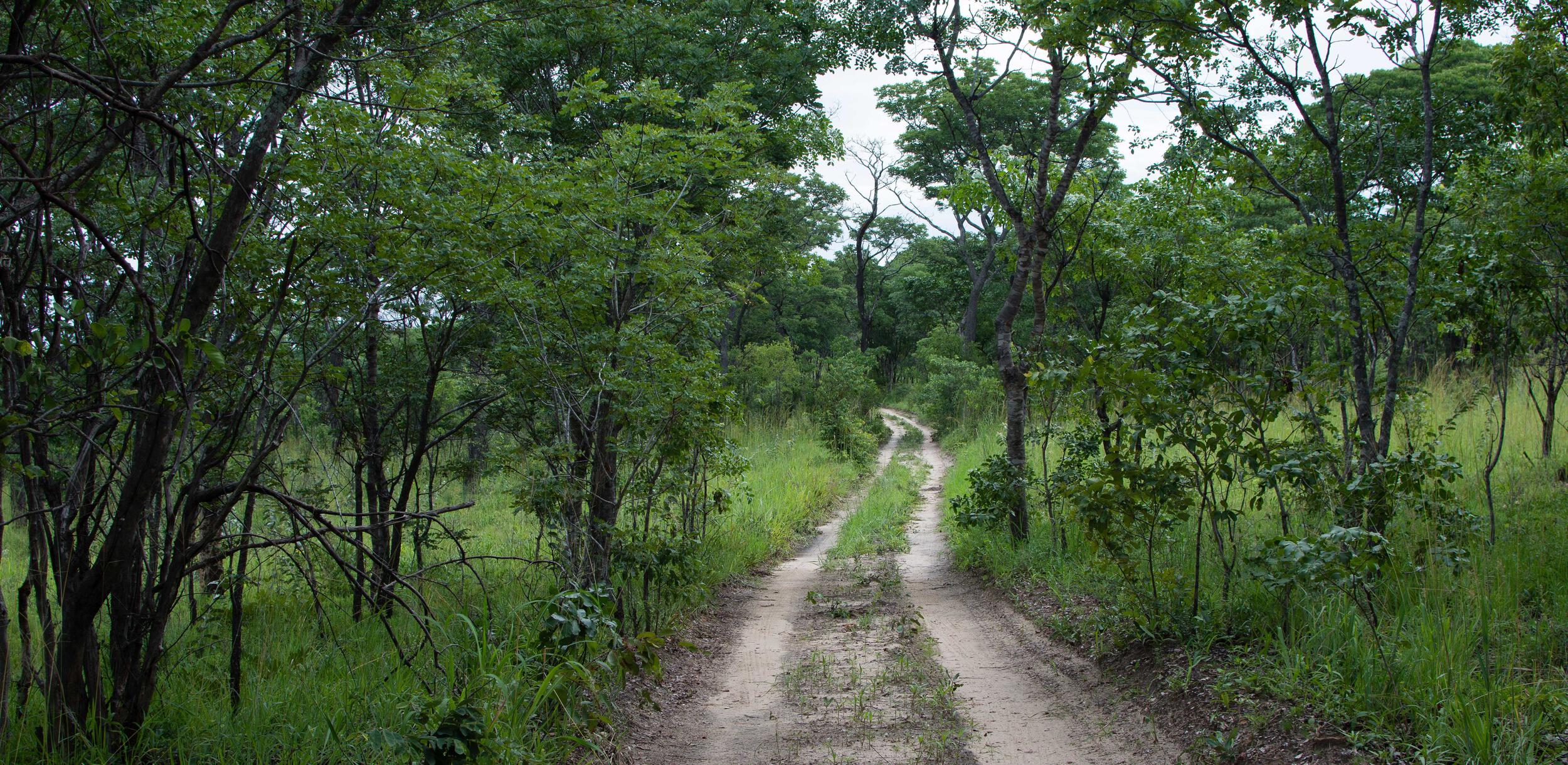
What is SEOSAW?
SEOSAW comprises a network of scientists and also a network of woodland survey plots in Africa. The long-term goal of SEOSAW is to understand the response of African woodlands to global change. Members of SEOSAW conduct diverse research which is unified by a shared interest in the ecology of woodlands and savannas.
SEOSAW is managed communally, and the scope of SEOSAW's activities is open to change as the network and its members' research interests develop. SEOSAW's main purpose is to connect researchers and their data, and to facilitate collaborative research. Anybody is welcome to become part of SEOSAW, by contributing data or expertise, or by using the SEOSAW dataset for their research.
Key outputs:
- Novel analyses of the determinants of ecosystem structure and function for Africa, based on a synthesis of plot data.
- Standardised methods for plot design and measurement, tailored to the socio-ecology of African woodlands.
- A long-term plan for plot remeasurement within Africa.
Rationale
The woodlands of Sub-Saharan Africa are the largest savanna in the world at ~3 million km2 (Mistry et al. 2000) and support the livelihoods of >150 million people (Ryan et al. 2016), but key ecological and social processes are not well understood. This knowledge gap arises because existing data have not been synthesised, nor analysed with state of the art methods. As a result, we currently have no reliable way to understand how this ecosystem will respond to global change.
Shifts in vegetation structure and ecosystem service provision in African woodlands have been hypothesised to result from altered fire regimes, an increasing frequency of extreme weather events, rising CO2 concentrations, and increasing human use. These changes could threaten future provision of ecosystem services to rural and urban people who depend directly upon these woodlands for fuel, food, medicines and other materials, and indirectly via their role in nutrient cycling which supports the region's agriculture (Ryan et al. 2016). Global change is also predicted to increase the carbon stored in African woodlands from 14 to 34 Pg by 2100, a change comparable to the mass of carbon currently stored in the Congo basin forests (Scheiter et al. 2009). Until recently however, there was no regional network of observations to evaluate if such changes are underway, and little testing or validation of model predictions against relevant data. Indeed, such models are generally based only on understanding and validation from African national parks, or other continents, neither of which represent the woodland's functional ecology or social context (Lehmann et al. 2014).
SEOSAW addresses these issues by synthesising data from across the region, and making it easily accessible for regional analyses and modelling efforts. SEOSAW has also developed a set of standardised methodologies and new collaborations to improve future observations. SEOSAW has created a novel partnership of research groups, and is continuing to develop the intellectual infrastructure to support collaborative research for the long term.
Get involved
SEOSAW is an open network, we welcome anyone interested in using the SEOSAW dataset for research or contributing new data. Please get in touch via the link below.
And join our mailing list to hear updates on our fieldwork and research! Just send us a message using the link below.
